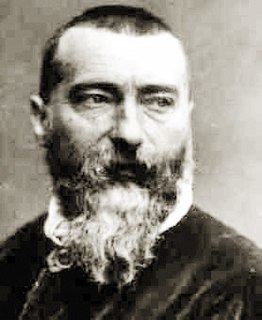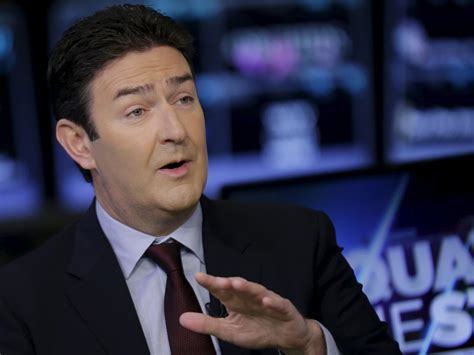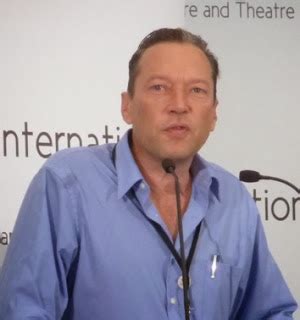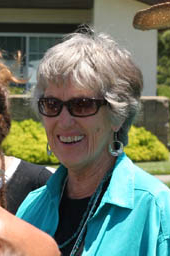A Quote by William Shakespeare
Until I know this sure uncertainty, I'll entertain the offered fallacy.
Related Quotes
Scientists rightly resist invoking the supernatural in scientific explanations for fear of committing a god-of-the-gaps fallacy (the fallacy of using God as a stop-gap for ignorance). Yet without some restriction on the use of chance, scientists are in danger of committing a logically equivalent fallacy-one we may call the “chance-of-the-gaps fallacy.” Chance, like God, can become a stop-gap for ignorance.
Decision-making is difficult because, by its nature, it involves uncertainty. If there was no uncertainty, decisions would be easy! The uncertainty exists because we don't know the future, we don't know if the decision we make will lead to the best possible outcome. Cognitive science has taught us that relying on our gut or intuition often leads to bad decisions, particularly in cases where statistical information is available. Our guts and our brains didn't evolve to deal with probabilistic thinking.
I think that when we know that we actually do live in uncertainty, then we ought to admit it; it is of great value to realize that we do not know the answers to different questions. This attitude of mind - this attitude of uncertainty - is vital to the scientist, and it is this attitude of mind which the student must first acquire.
It’s walking the razor’s edge of the sacred moment where you don’t know, you can’t count on, and comfort yourself with any sure hope. All you can know is your allegiance to life and your intention to serve it in this moment that we are given. In that sense, this radical uncertainty liberates your creativity and courage.







































